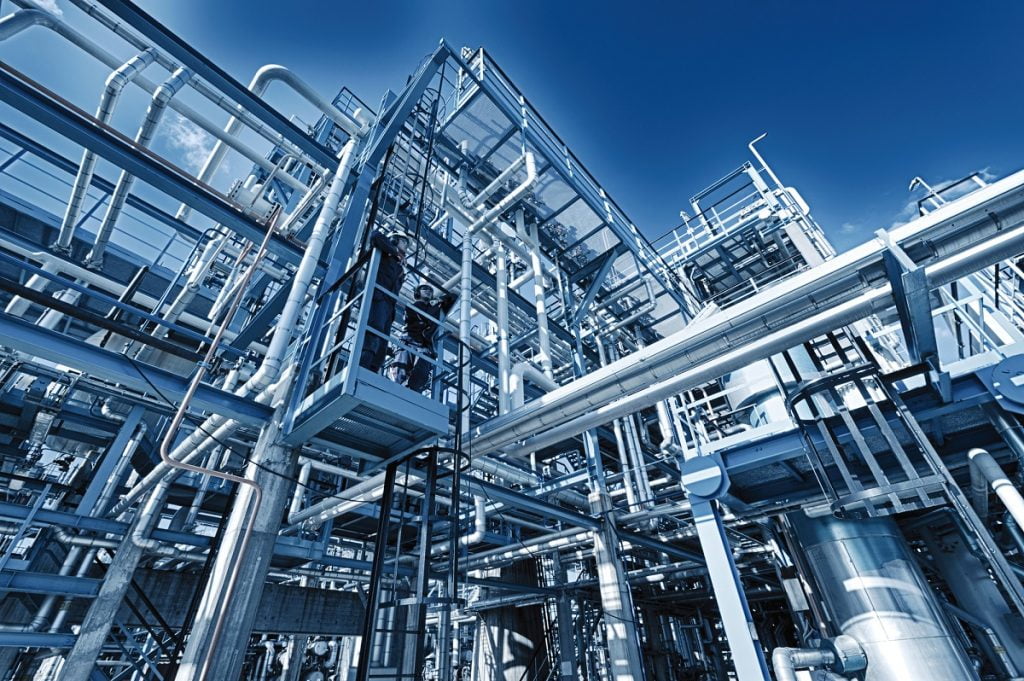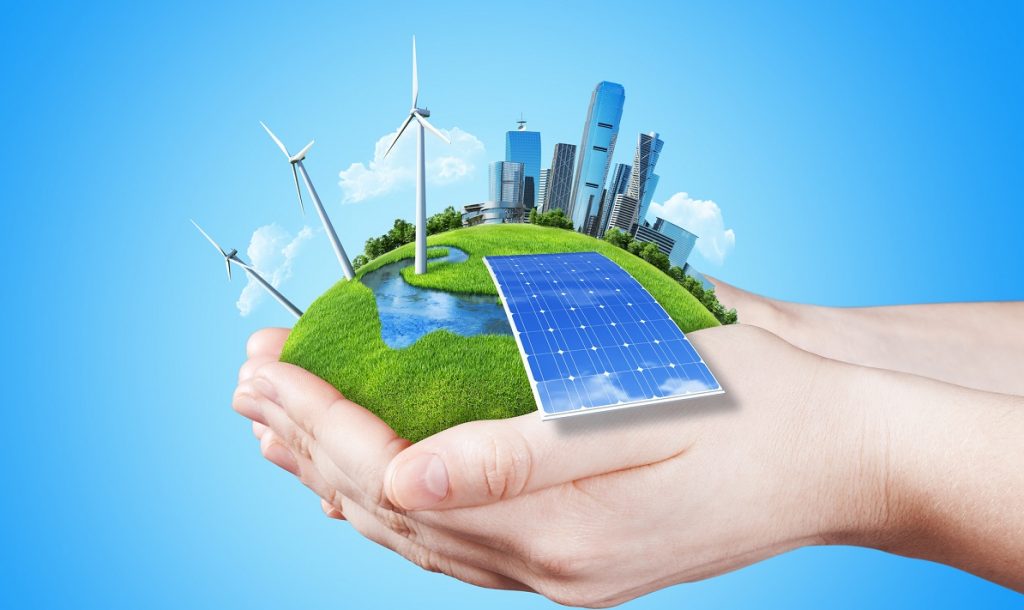For at least several decades, an overwhelming majority of climate scientists have agreed that global warming trends are occurring at a faster pace and are primarily driven by greenhouse gases emitted by human activities.
But the issue has become highly politicized, especially in the United States, even as new evidence emerges that urgent action is required. Hurricanes, floods, disease outbreaks are all set to worsen over the next decades if international efforts to cut greenhouse gas emissions are not fruitful. At the UN this week, 190 countries agreed to a universal, transparent set of rules on how nations can cut gas emissions but delayed more concrete, impactful decisions.
In Israel, a number of companies and startups are doing their part for the environment. Cleantech ventures have become a growing field in the vibrant local innovation ecosystem, as companies have developed processes, products and services that reduce negative environmental impacts and use energy resources more consciously and sustainably.
With a prescient understanding of how Israeli entrepreneurs can play a bigger role in tackling environmental issues, the European Investment Fund (EIF) recently announced an equity investment of $20 million for the cleantech fund Israeli Cleantech Ventures (ICV), based in Ra’anana, to support developments in the sector.
In that spirit, here are six Israeli ventures putting our planet at the top of their agenda.
Lumos Global
In many parts of the world, reliable electricity is still a luxury. Millions of people, especially in Africa and central Asia live off-the-grid, and many of them are heavily reliant on hazardous and expensive kerosene generators for energy. Those appliances are not only detrimental to the environment but also create corrupt power monopolies. In regions with no centralized electricity network, the people who happen to own a generator can charge exorbitantly high prices from their “customers” to have them charge their phones, for example.
Israeli company Lumos Global aims to put an end to this inequality. By providing solar energy as a service, Lumos Global wants to enable people around the world to take electricity matters into their own hands.
Customers pay a one-time commitment fee to their local mobile phone provider and in return receive a kit comprised of a solar panel, an indoor power unit, phone charging accessories and two LED lights. The solar panel is easily installed and connected to the indoor power unit, from which electricity can be accessed. And the payment is just as simple: Via SMS, customers can unlock the service which is then paid for my mobile airtime. This way, people who live in even the most remote areas of developing countries could gain access to 100 percent clean energy.
Founded in 2012, Lumos is already running pilot projects in Nigeria and Guinea.
Grid4C
With technologies constantly advancing, not being able to effectively store energy is still one of the bigger shortcomings of our time. But Israeli venture Grid4C may have developed a solution.
With its proprietary algorithms, the company guarantees real-time predictive analytics for energy requirements and usage. Both energy providers and users can benefit from the insights and predictions that are presented with advanced visual tools, thus lifting the veil on energy expenses that are so often a mystery. The engine is based on a self-learning mechanism that adjusts its algorithms and forecasts constantly and according to real-time data.
After founding the company in 2013, CEO Dr. Noa Ruschin-Rimini today provides Grid4C’s service to customers in Israel, Europe, and the United States.
Last month, the company raised $5 million by a group of investors led by the ICV with participation from French energy giant ENGIE, iAngels, and AxessVentures.
With energy being an increasingly scarce resource, this venture is providing vital planning security to customers operating in this highly volatile market.

An oil and gas refinery. Photo by Deposit Photos
Aqwise
With 70 percent of our planet’s surface made up of water, one would think that a shortage would be the last thing for us humans to worry about. However, 97 percent of the world’s water supplies are salt water, with a majority of the three percent remaining freshwater trapped in polar ice caps and frozen glaciers.
Supporting municipalities and industries worldwide with proper wastewater treatment is not just a noble cause, but one that is crucial to ensure that there will be enough fresh water available to an ever-growing world population. The Israeli company Aqwise is a leading provider for implementing wastewater treatment solutions.
Aqwise invented a groundbreakingly innovative yet simple way to clear water of pollutants: by treating water with bacteria that feed on those pollutants, thereby creating a symbiotic relationship with hungry microorganisms. The used biomass is placed into small plastic carriers to which the bacteria cling. Those carriers are then put into a body of aerated water, where then wastewater passes through. Being exposed to the pollutants which the bacteria consider edibles, they eat as many of them as possible while simultaneously clearing the water of impurities – until the water is simply clean.
All this happens without the bacteria ever leaving the plastic carrier, ensuring that no unwanted microbes are released into the water.
Sign up for our free weekly newsletter
SubscribeThis technology is the result of years of engineering, but is now strikingly easy to implement. According to Aqwise, its systems have already been installed with over 300 customers in 35 countries worldwide, tackling the global freshwater shortage one municipality at a time.
Scodix
We may not be consciously aware of it, but if we look closer at our surroundings we’ll soon understand how much printed material we produce. Shop signs, posters, adhesive foils for windows and vehicles, newspapers, magazines, cartons – the list is truly endless. What many of us do not acknowledge is the considerable environmental impact. Traditional digital printing methods release volatile organic compounds (VOCs), organic chemicals which easily evaporate into the air, where some of them cause harm to both human health and the environment.
In 2007, Eli Grinberg and Kobi Bar, both Israeli veterans of the graphic arts scene, decided that it was time for a change. They founded Scodix, a company that provides digital printing presses to customers all around the globe.
Scodix SENSE, the technology that lies at the heart of all their products, provides an incomparably efficient printing process. Plates, molds, chemicals or solvents, all of which are usually needed for printing, are made obsolete by Scodix’ advanced jetting block and independently controlled inkjet nozzles. That significantly reduces waste, while the process is also remarkably more energy efficient than other alternatives.
Prints can be run on-demand and at any size, with the outcome being completely nontoxic.
Scodix is not only offering supreme printing quality with maximum flexibility, but is also revolutionizing an industry, urging it to be more environmentally responsible.
FRX Polymers
To protect humans and infrastructure in increasingly populated regions, fire prevention systems are a legal obligation. A big part of that is comprised by the mandatory use of flame-retardant plastics in construction, electronics, textiles and many other realms of everyday life. With an increasing number of appliances manufactured with plastics that, by nature, are highly flammable, the addition of flame-retardant polymers is not only a vital requirement for our safety, but it can also in many cases save lives.
Unfortunately, most of the conventionally used flame retardants are halogenated. Those retardants have been shown to have severe adverse effects on human and environmental health, accumulating in animal and human tissue and forming highly toxic dioxins when burned.
To tackle this problem, FRX Polymers was founded in 2007, aiming to produce the world’s first halogen-free polymeric flame retardant. And the plan was successful:
Based on so-called green chemistry, the company produces Nofia polymers, a highly effective flame retardant with low toxicity rates. The production process itself generates only a minimum amount of waste, thereby providing fire-safe, environmentally friendly plastics without the commonly feared health hazards.
Nofia polymers are processed in a wide variety of products, from fabrics and synthetic hair to laminates, wires, structural foam and protective coatings, providing a safer flame-retardant while eliminating the silent danger of exposure to toxic chemicals.
Prospera
The award-winning agriculture technology venture Prospera has assembled one of the strongest machine learning crews in the industry to make sense of the vast amounts of agricultural data.
The deep learning techniques the company developed to process enormous data sets is turning nature-grown produce into a predictable and optimizable asset. With a global food shortage constantly looming, improving agricultural output is no small feat.
After founding the company in 2014, Prospera’s CEO Daniel Koppel and his co-founders Raviv Izhaky and Simeon Shpiz have been aiming to bring agriculture into the 21st century and let AI support farmers all over the world.
By installing cameras and sensors directly in the fields, Prospera collects environmental data through which the company’s software can then predict plant health, stress and development. The condensed and analyzed data can be accessed by farmers via mobile phone or computer at all times, making it easy for them to take adequate action when needed. This does not only make the farming process significantly more efficient, but also lets farmers compensate for predicted losses far ahead of time, thus providing more planning security and ensuring a more sustainable use of resources.
Prospera works customers in three continents, the company says.
Related posts

Editors’ & Readers’ Choice: 10 Favorite NoCamels Articles

Forward Facing: What Does The Future Hold For Israeli High-Tech?

Impact Innovation: Israeli Startups That Could Shape Our Future




Facebook comments